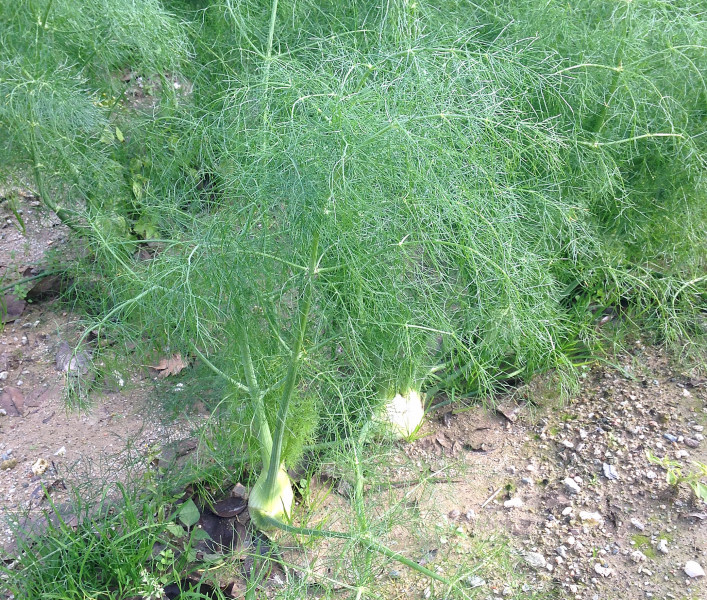![]() Fennel
Fennel
Rating : 6.3
Pros:
Antimicrobial (1) Antihyperglycemic (1)Fennel (Foeniculum vulgare L.) is a seasonal herb belonging to the Apiaceae family.The fennel plant originated in the southern Mediterranean region and is spread across all northern, eastern and western hemispheres, particularly in Asia, North America and Europe.The Romans cultivated it for its seeds and Charlemagne encouraged its cultivation in Ce... (Read the full Tiiip)
8 pts from Flight444
| Evaluate | Where is this found? |
| "Fennel studies" about Fennel Review Consensus 8 by Flight444 (3416 pt) | 2019-Jul-30 18:46 |
Chemical composition of fennel seed extract and determination of fenchone in commercial formulations by GC-MS method.Alam P, Abdel-Kader MS, Alqarni MH, Zaatout HH, Ahamad SR, Shakeel F.J Food Sci Tec ...
| Read the full Tiiip | (Send your comment) |
| "Descrizione" about Fennel Review Consensus 8 by Flight444 (3416 pt) | 2023-Feb-22 17:11 |
Fennel (Foeniculum vulgare L.) is a seasonal herb belonging to the Apiaceae family.The fennel plant originated in the southern Mediterranean region and is spread across all northern, eastern and weste ...
| Read the full Tiiip | (Send your comment) |
Read other Tiiips about this object in __Italiano (2)
Content: Last update: 2021-12-13 21:24:07 | Kcal: 31 Family: Threat factors: |




